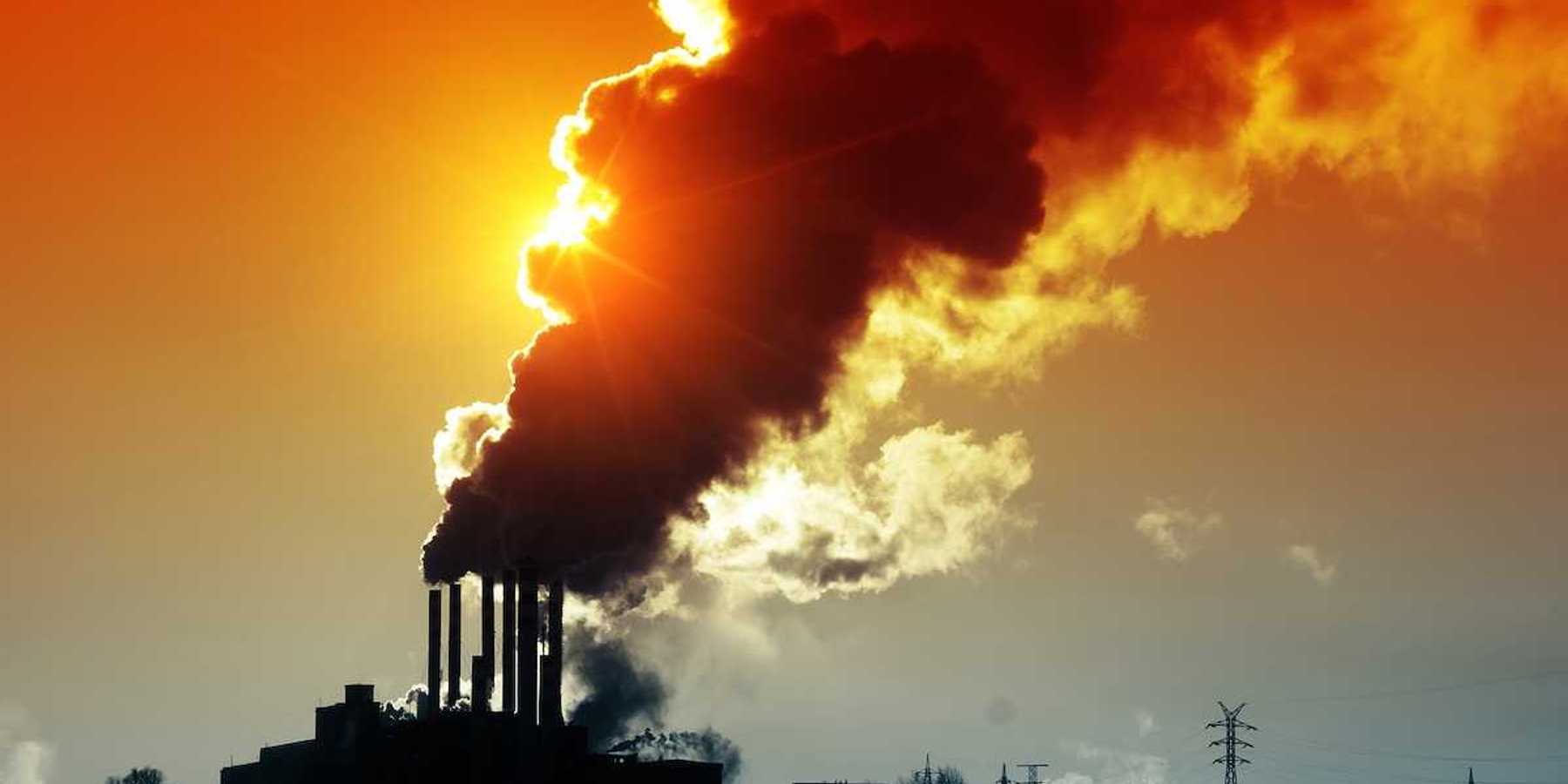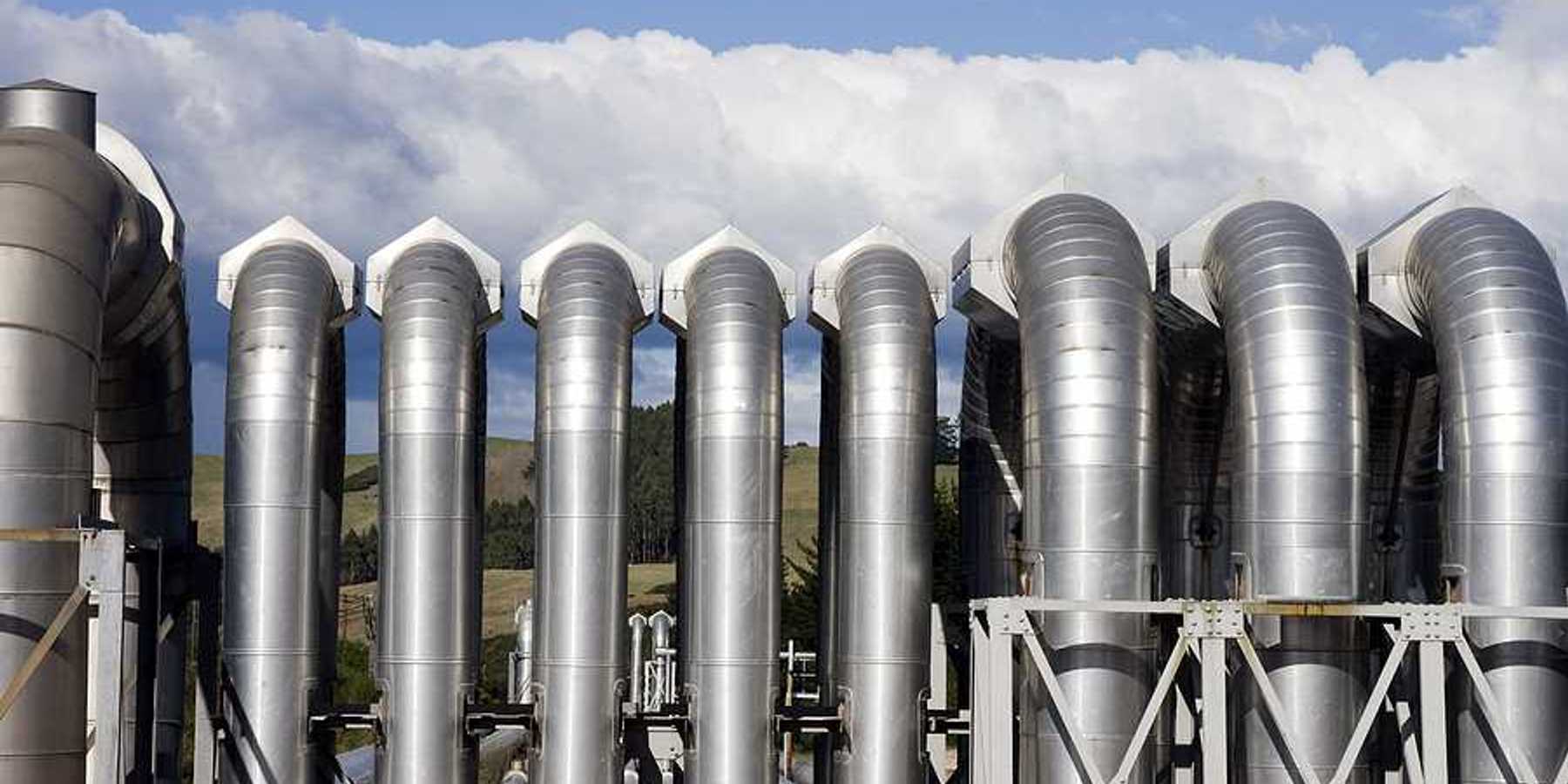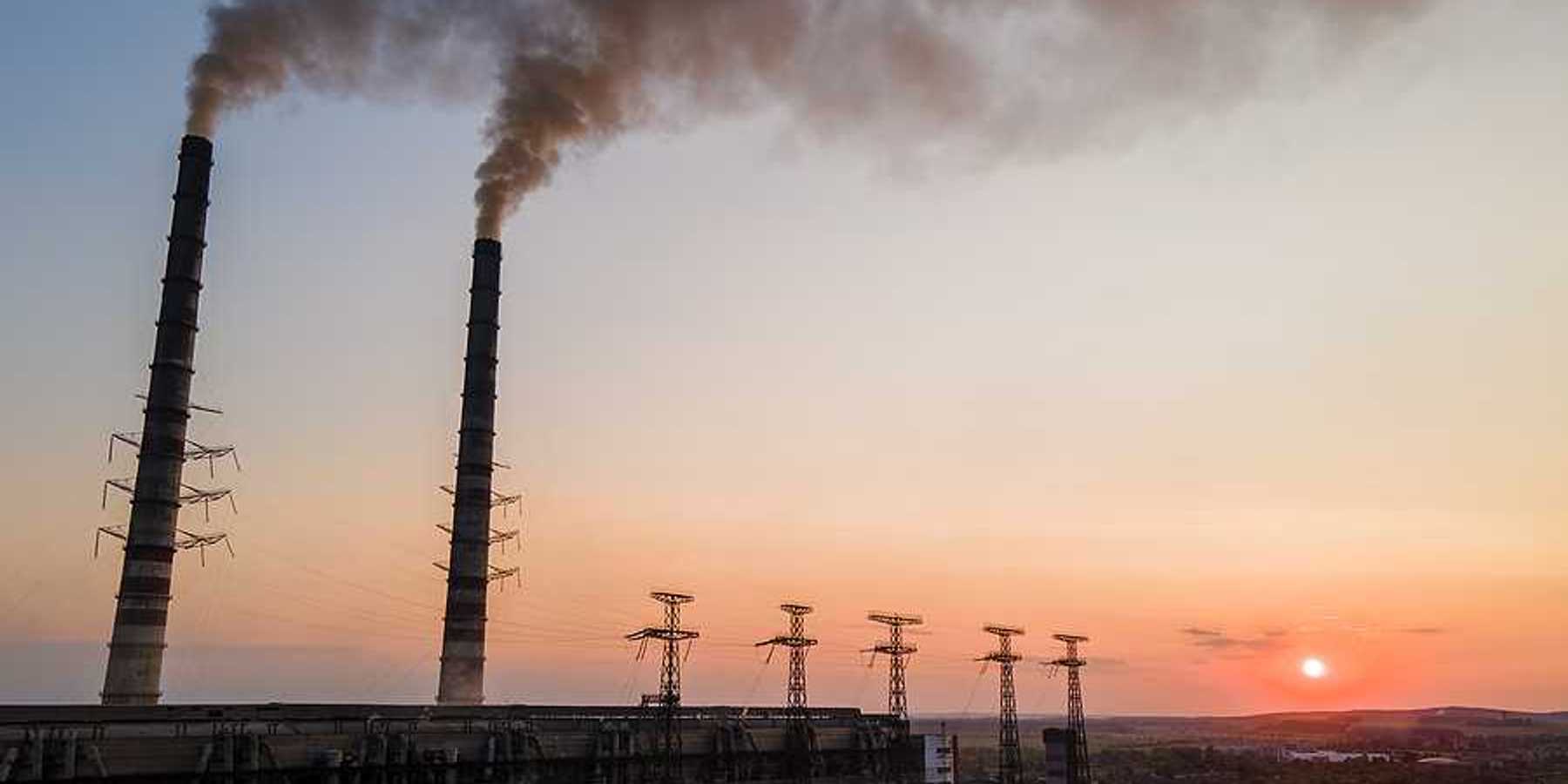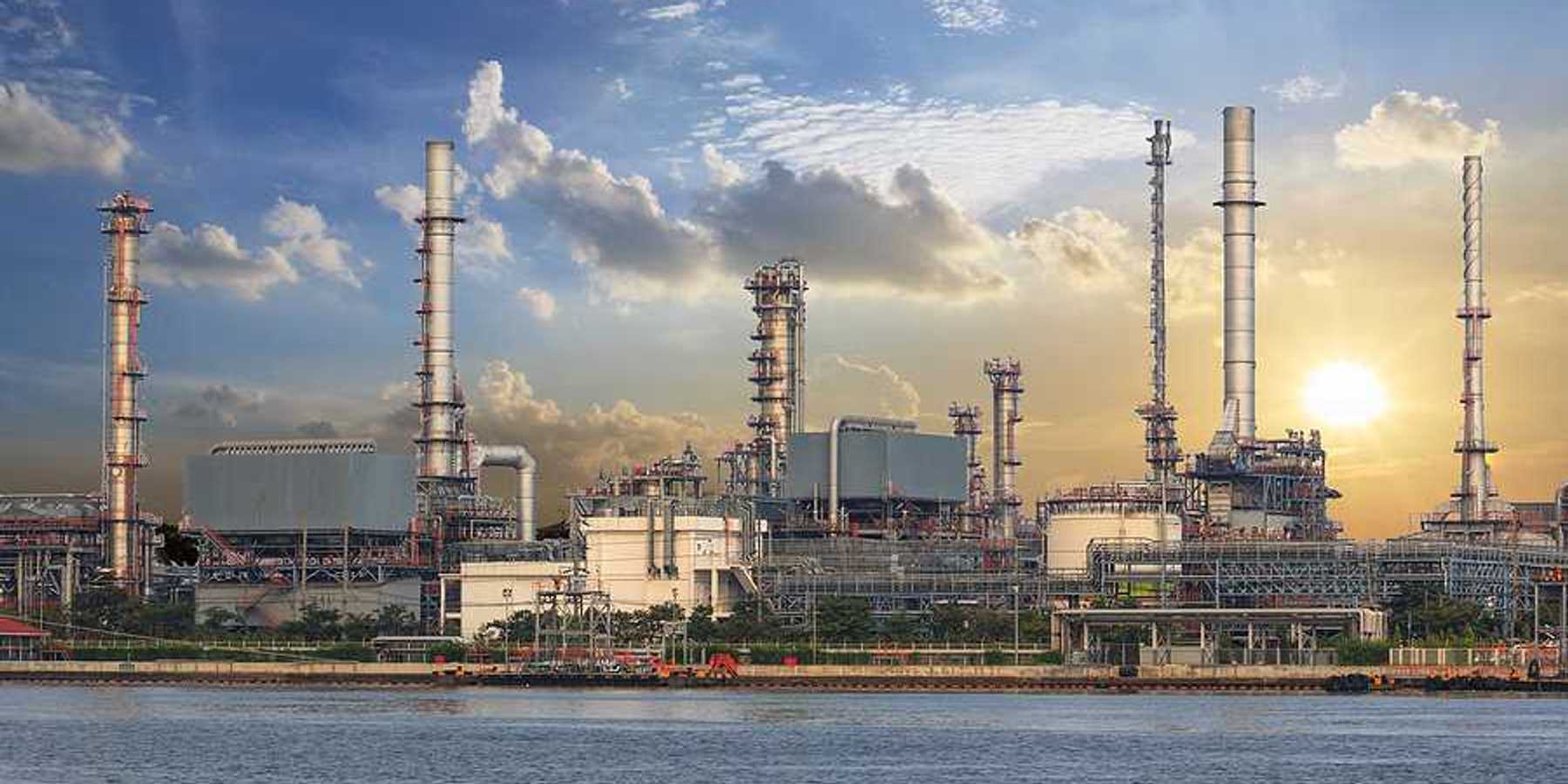Permit revoked for Sempra Energy's LNG project in Texas, raising pollution concerns
The Port Arthur liquefied natural gas (LNG) project faces a setback as a federal court withdraws a crucial permit, highlighting concerns over pollution issues in minority communities.
Lylla Younes reports for Grist.
In short:
- Federal court revokes essential permit for Sempra Energy's LNG facility in Port Arthur, Texas.
- The decision addresses pollution concerns in predominantly Black and Latino neighborhoods.
- The revoked permit stalls advancement of a significant LNG project.
Key quote: “Every step in this fight, we’ve won by standing up for Port Arthur communities of color to breathe free from toxic pollution.”
— John Beard, environmental advocate and former refinery worker.
Why this matters: The Gulf coast has seen an enormous LNG buildout in the past decade, raising concerns about emissions of both greenhouse gases and a variety of toxic chemicals that pollute nearby communities. The court's decision highlights a national conversation around continued use of fossil fuels and their impacts on community health.
Learn more at EHN about the environmental justice dimensions of energy production:
- Feeling “invisible”: How language barriers worsen environmental injustice
- Majority-Black Pennsylvania community fights back against proposed $6 billion LNG terminal
Your turn: What are the best ways to meet energy needs while protecting community health and the environment?
AI-based tools helped produce this text, with human oversight and editing.













